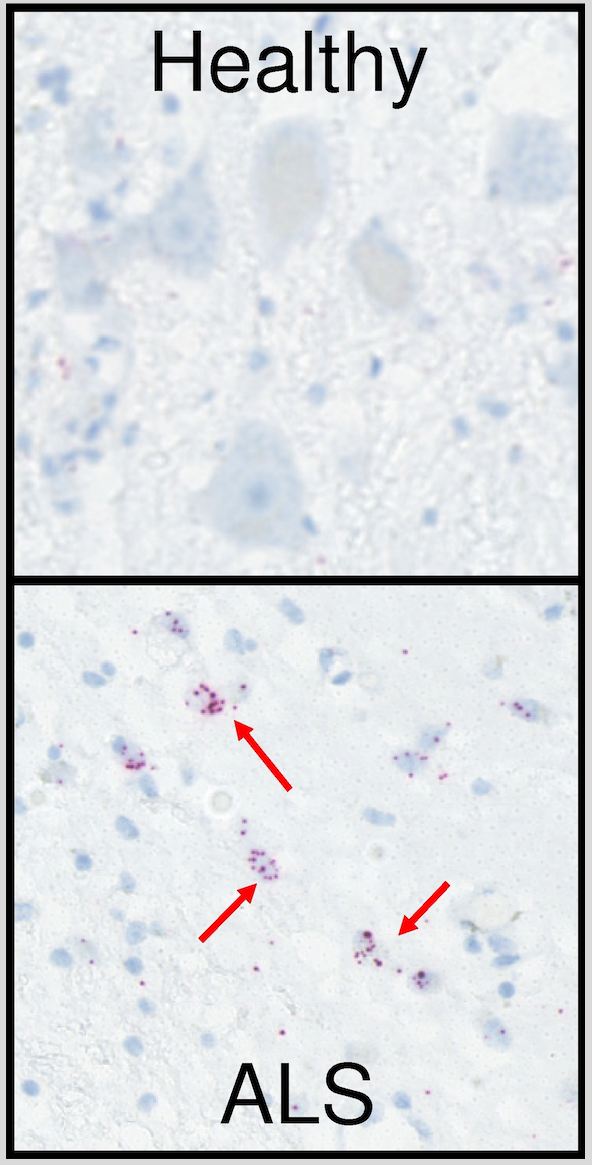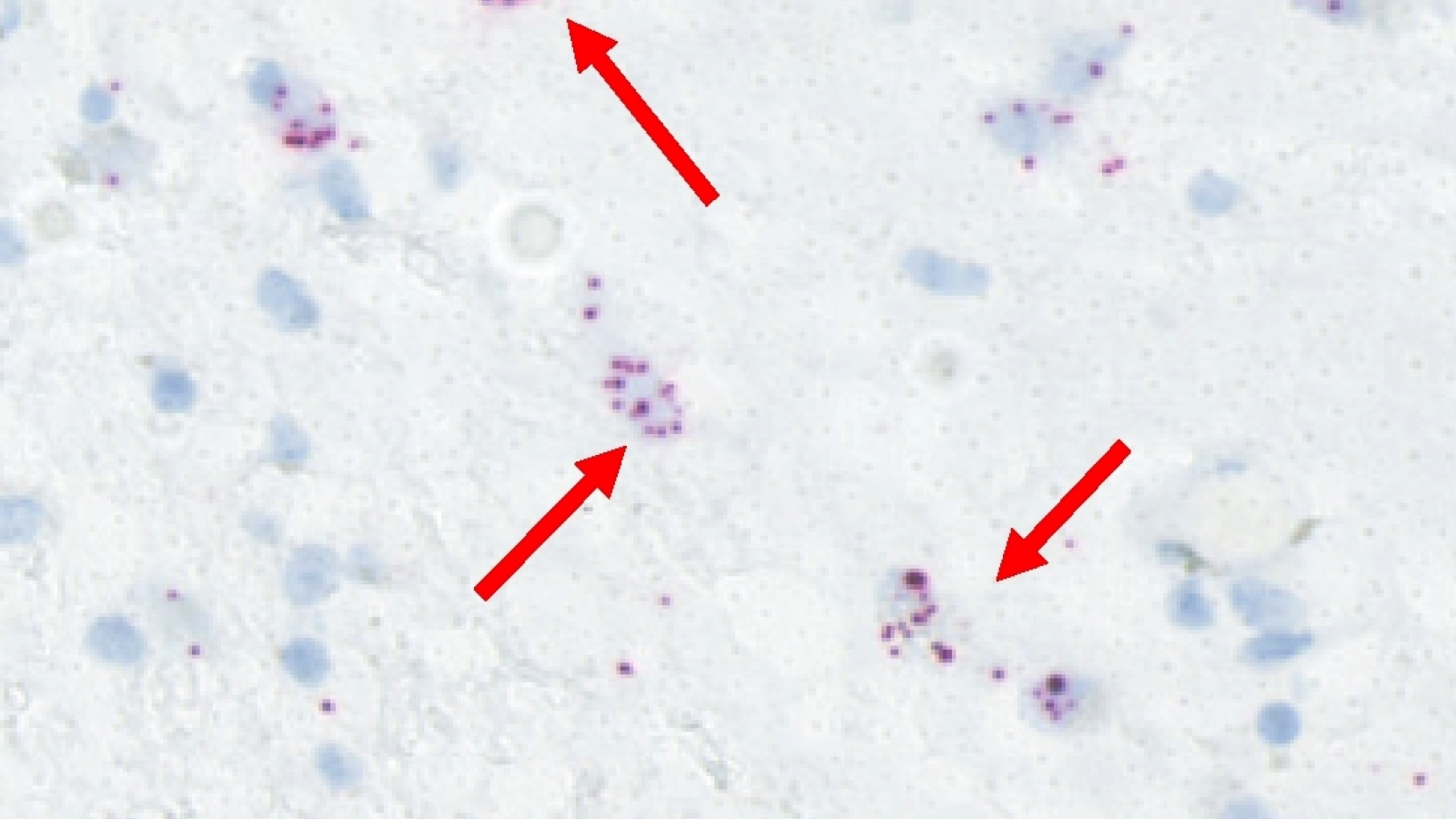Research at UK DRI has provided a new insight into the vulnerability of motor neurons in patients with the most common genetic form of Amyotrophic lateral scelerosis (ALS) – the C9ORF72 repeat expansion.
Prof Siddharthan Chandran and his team at UK DRI at Edinburgh have used a range of techniques to increase our understanding of ALS.
Using a combination of stem cell technology, gene-editing, physiological analysis and post mortem studies this research shows that C9ORF72 repeat expansion patients have motor neurons that express a greater proportion of AMPA receptors that are permeable to calcium ions. This in turn increases their susceptibility to excitotoxicity and cell death.
Our research represents an early step in our understanding of why motor neurons are highly vulnerable in ALS and is likely to lead on to several lines of further investigation from which potential therapeutic interventions could be developed.Matt LiveseyUK DRI at Edinburgh
In this study, teams across UK DRI centres worked together to allow the movement of crucial resources needed to carry out the study. Key to the published research, a set of ALS patient-derived stem cells from which motor neurons were generated were provided by UK DRI Associate Director Chris Shaw’s laboratory at King’s College, London.
Published in Nature Communications.

Credit: Dr Jenna Gregory
